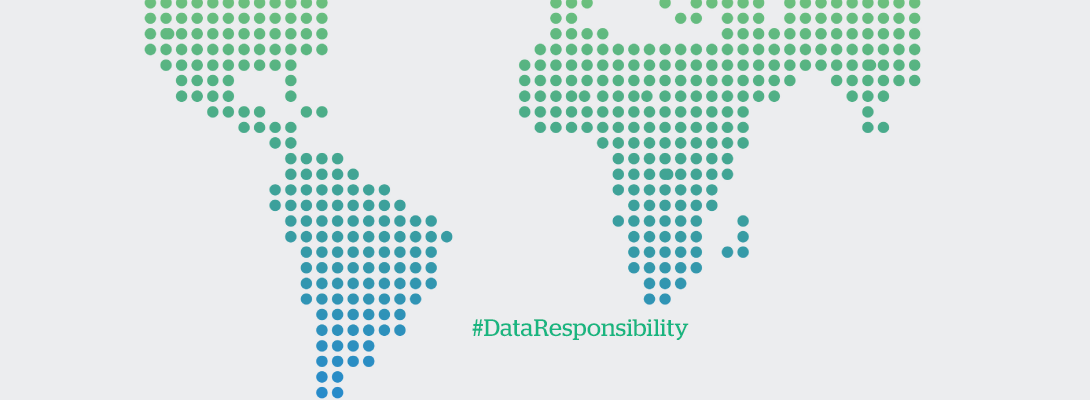Share
The World Economic Forum and the OCHA Centre for Humanitarian Data are launching a collaboration to develop case studies with civil society on data responsibility and new threats to populations affected by humanitarian crises in the digital age.

As a part of its initiative on Partnering with Civil Society in the Fourth Industrial Revolution, the World Economic Forum (the Forum) together with the OCHA Centre for Humanitarian Data (the Centre) will support the development of case studies on the risks, harms, and benefits associated with data management in different humanitarian contexts. These case studies will document current strategies for humanitarian data management, pathways for potential harm, and guidance on making responsible decisions with data. Emphasis will be placed on ‘group data’ as opposed to personal data, as evidence is particularly lacking on the opportunities and challenges related to the management of group data for vulnerable populations.
In the initial phase of the collaboration, the Forum will recruit a researcher to develop three case studies through a six-month consultancy. The ‘Research Consultant, Group Data and Human Rights’ will be managed by the Centre and will lead on the design of an overall framework for case studies on responsible data management, conduct a series of interviews and field-based research with collaborating organisations, and deliver three case studies for publication and dissemination in different fora. The Terms of Reference for this assignment are available here and application materials are due on November 29, 2019 at 5pm Geneva time.
The Forum and the Centre would like to partner with civil society and humanitarian organisations to produce the different cases. Collaborating organisations will be asked to share relevant documentation with the Research Consultant, identify a small number of staff to participate in interviews, and connect the consultant with relevant colleagues during the field research and observation visits. We expect the research will focus on two locations.
Organisations and independent researchers interested in learning more about this collaboration and the different opportunities to engage in the case study development process can join a community call on November 21, 2019 from 3:00 – 4:00PM CET (Geneva). Register here to RSVP for the community call on case study development.
Background
As civil society organisations collect and share more data in their work with communities, data responsibility has prominently featured in discussions among practitioners and academics. How organisations build data responsibility into their processes is critical for ensuring that they ‘do no harm’ to already vulnerable communities when handling their personal data. However, without evidence illustrating specific risks and harms associated with data management, practitioners struggle to identify and mitigate these risks in practice.
“Civil society stands at the frontlines in both innovating and responding to the needs of the most vulnerable communities around the world. We need civil society’s eyes on the ground to identify new risks and harms associated with rapid technological change and co-create how we change existing policies and practices in the Fourth Industrial Revolution.”
-Silvia Magnoni, Head of Civil Society Communities, World Economic Forum
The development of case studies on data responsibility and new threats to vulnerable populations in the digital age builds on the Forum’s working group on Group Data and Human Rights, which gathers academics, civil society and other stakeholders to understand how the use of data and emerging technologies can create harms for populations affected by humanitarian crises.
This work also builds on the Centre’s ongoing efforts to promote more responsible data management in the humanitarian sector. In collaboration with Wilton Park, the Centre convened an event in May 2019 to advance discussions around data responsibility, in which participants specifically called for the development of practical case studies on humanitarian data management.
“The Centre is committed to working with our partners to take this work forward in a way that ensures the continued trust of affected people, humanitarian partners, and the users of our technical platforms.”
-Sarah Telford, Centre Lead, UN OCHA Centre for Humanitarian Data